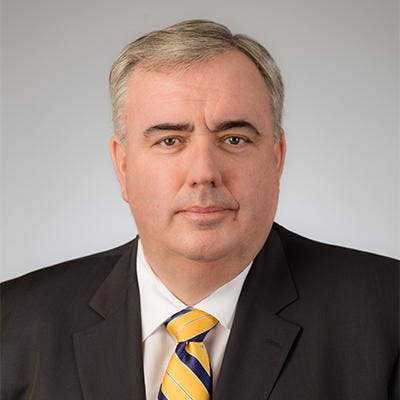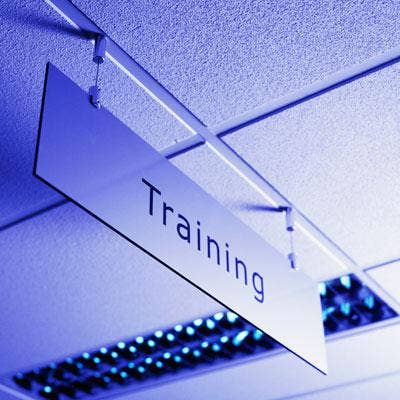Former Police Commish Davis: 5 Crisis Management Lessons From The Boston Marathon Bombing

Lessons Learned
Edward Davis, Boston's police commissioner during the Boston Marathon bombing, captivated an audience of 400 solution providers and technology vendors last week as he recounted the events -- both the horrific and the sublime -- of the harrowing week after the 2013 terrorist attack.
Davis, who now heads his own security and management consulting business, related the crisis management lessons he and his department learned in the aftermath of attack and talked about how they are applicable to businesses.
During a keynote address last week -- the day before the third anniversary of the bombing -- at Synnex's Red, White and You conference in Dallas, Davis shared the things that made the operations in Boston a success and offered advice on how solution providers can apply similar tactics to their business operations. He was greeted with a standing ovation after his address.
The following are five of the crisis management lessons he offered.

1. Preparation Is The Most Important Thing You Can Do
Since 9/11, police departments have undergone training for events similar to what happened at the Marathon, Davis said. But no plan is good unless it’s tested, he noted, adding that when a plan is tested, its problems can then be identified and corrected.
’We trained for these things day in and day out … and the police have spent an enormous amount of time investing in preparation and training, testing the plans that we have and making sure that [they] work,’ Davis said. ’These lessons can translate to the things that you do in your business, particularly the importance of collaboration and understanding who it is that you need to speak to in case of an emergency or a difficult problem that you have to deal with.’

2. You Have To Be Knowledgeable Enough To Change The Plan When You Have To
Davis said one of the important things in having a plan is being educated enough about it to know when to deviate from it.
He told the story of Officer Collin Leiden, then a deputy superintendent who, after every ambulance was loaded up after the bombings, made the call to go against policy and transport others to hospitals in police wagons.
Leiden was worried the department might be in trouble over that, "but doctors said later that if he hadn't done that, many of those people would have died," Davis said.

3. Building Relationships You Need Before You Need Them Is Invaluable.
Collaboration was critical to navigating the confusion that existed while overwhelming amounts of information came in following the attacks, Davis said, calling the situation the "Fog of War."
Davis said setting up relationships with department heads in other branches of government -- city, state and federal -- made it possible for him to navigate the confusion and get good information while understanding what resources were at his disposal.
"You can't start to build those relationships during a crisis," he said, noting the importance of critical relationships when executing on plans in business.

4. Use Social Media To Help Set The Story Straight
In the days following the attack, media outlets and private citizens published a lot of false information, so authorities turned to social media to correct some of the misinformation the public was receiving from other sources, Davis said.
"Social media played an enormously important role in our dialogue with the public,’ Davis told the audience. ’We went from 53,000 followers [on Twitter] to 304,000 that afternoon because we were giving really good information, some of which the media was not."

5. Never Underestimate The Power Of Community
Davis told the story of a doctor who continued to run the race after the attacks, then performed four amputations on victims.\
He also told how police shut down a nearby hotel so they could use it as a command post. Many of the hotel staff volunteered their time to serve the law enforcement offers staying there. After four or five days, the cops took up a collection for the hotel workers.
’It was thousands of dollars, and the kids at the hotel took the money and donated it to the victims of the bombing,’ Davis said.
"It was the community that made it all work,’ Davis said. ’You have the opportunity to follow some of these lessons in your own life and make your life better."